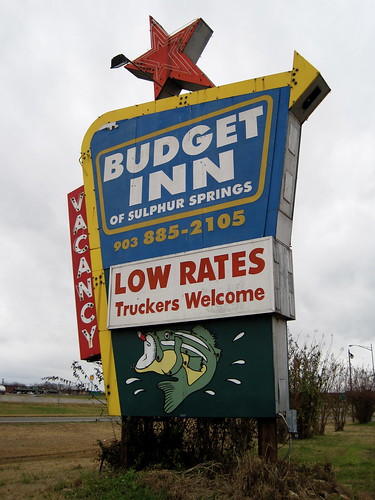Is there a quick and easy way to be smarter with budgeting your money?
.Thinking longer term results in more accurate predictions:
Consumers’ budgets are influenced by the temporal frame used for the budget period. Budgets planned for the next month are much lower than recorded expenses, while those for the next year are closer to recorded expenses (study 1). The difficulty of estimating budgets for the next year imparts low confidence and leads to upward adjustment. When consumers’ confidence in their estimates is increased (study 2), when their natural beliefs about the relationship between cognitive ease and accuracy are reversed (study 3), or when cognitive resources are constrained (study 4), consumers no longer adjust their budgets upward for the next year.
Source: “Will I Spend More in 12 Months or a Year? The Effect of Ease of Estimation and Confidence on Budget Estimates” from Journal of Consumer Research
Join 25K+ readers. Get a free weekly update via email here.
Related posts:
What 10 things should you do every day to improve your life?
What do people regret the most before they die?
What five things can make sure you never stop growing and learning?





